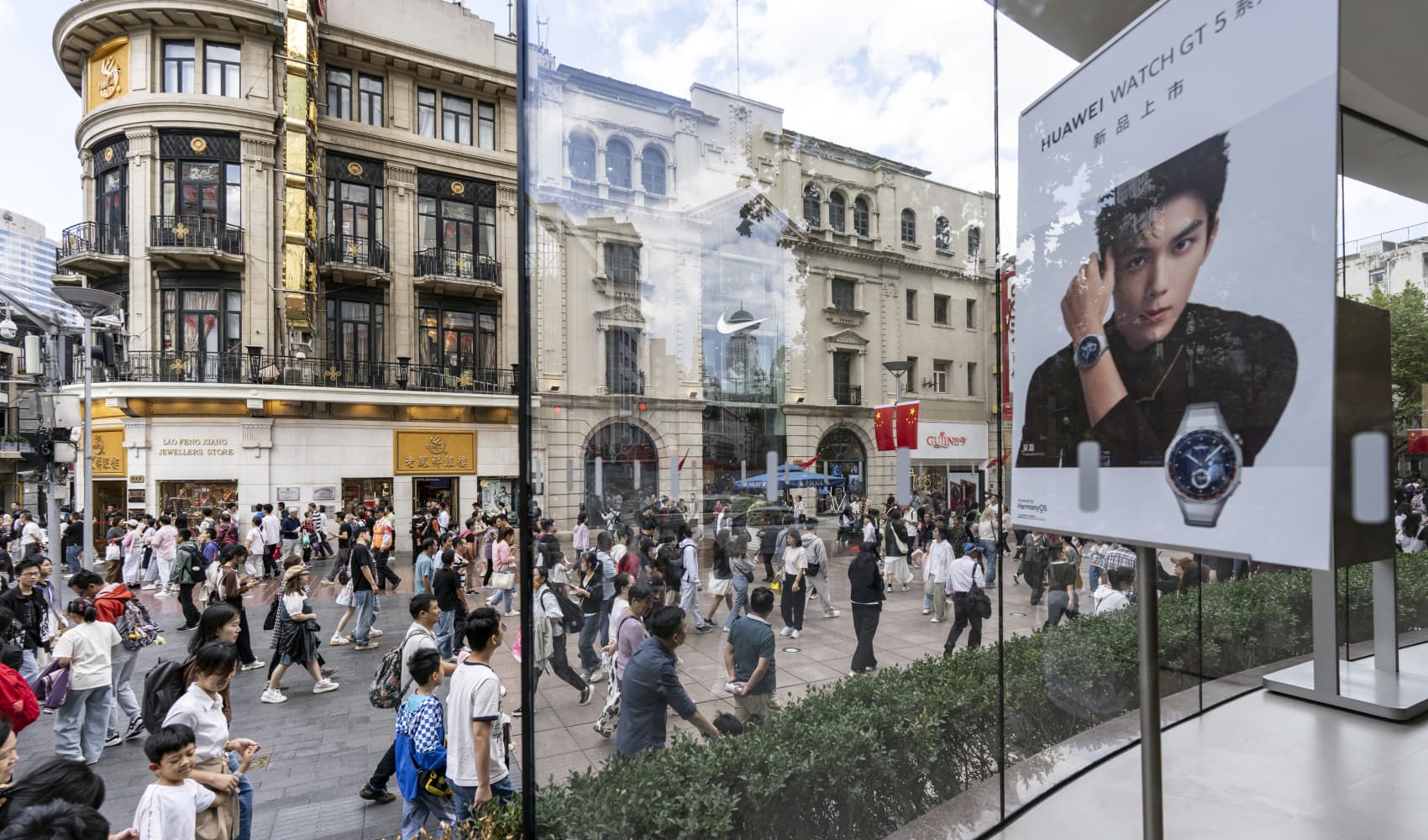
- Gen Zers and millennials want more feedback at work, and are more engaged when they're checking in with higher-ups in a routine way.
- Known as "like and subscribe" generations, younger workers say consistent feedback is at the top of their list when it comes to workplace satisfaction.
- Gen Z and younger millennials are 73% more likely to say they want recognition at least a few times a month compared to baby boomers.
Gen Zers and millennials want more feedback at work, and workplace leadership must pay attention. Referred to as "like and subscribe" generations, younger workers are more engaged when they're checking in with higher-ups in a routine way.
Surveys reveal that Gen Z is the demographic that's least enthusiastic about work and younger employees have been the least engaged at work after the pandemic. With alarms sounding on employee morale for Gen Z and millennial workers, knowing what these demographics need to excel is more important than ever. Consistent feedback is at the top of the list.
Growing up in the digital age of instant feedback and gratification from social media is a central contributor to younger workers wanting more office feedback, said KeyAnna Schmiedl, chief human experience officer at human capital management software firm Workhuman. Gen Z and younger millennial employees are 73% more likely than baby boomers to want recognition at least a few times a month, according to a 2022 survey from Gallup and Workhuman.
"They're constantly used to getting this instantaneous feedback," Schmiedl said, and as a result, young employees are bringing that mindset to the workplace: "I'm going to put something out there and I expect people to respond to it, and if nobody responds to it ... I need to pivot and do something else."
Schmiedl said employers must find a way to translate the "like and subscribe" world into workplace culture and the best way to do so is by reinforcing positive actions with a clear reward system and aligning employee behavior with the organization's core values as they navigate building relationships with people, stakeholders, and peers in their role.
Get Tri-state area news delivered to your inbox.> Sign up for NBC New York's News Headlines newsletter.
Having experienced workplace instability in early-career phases — many millennials graduated during the 2008 financial crisis and many Gen Zers graduated amidst the pandemic and its aftermath — younger workers want to know how their company will support and develop them, and that makes them desire actionable workplace feedback. According to Workhuman's latest Human Workplace Index, Gen Z employees were twice as likely to be laid off than other generational cohorts.
Money Report
According to Harvard Business Review, successful leaders take responsibility for guiding their team members' development, including younger workers. Weekly or biweekly one-on-one meetings to check in with direct reports are essential to building a strong team. Consistent feedback can be the difference between high employee retention and frequent turnover. Employees typically attribute leaving a job to elusive reasons like "lack of fit," but often, the roots of their dissatisfaction are unclear expectations and a lack of consistent support, Schmiedl said.
Younger workers want 'microdoses of recognition'
Younger workers don't just want more feedback; they want authentic feedback. Employees who strongly agree that they receive "authentic" recognition are 5.2x as likely to envision a path for growth in their workplace, according to the Gallup/Workhuman survey.
Managers can tap into authentic feedback by getting more specific and ensuring employees feel seen. It isn't enough to give generic guidance — routinely copying and pasting the same general message. Employees desire feedback that is specific to them and their individual impacts, Schmiedel said.
Employers have always used feedback, and many employees have desired it, but expectations about feedback are changing. Instead of simply receiving "a watch and a plaque," younger employees want "microdoses of recognition," Schmiedl said.
Finding a communication system that works is important for every organization, and incorporating regular feedback is non-negotiable, Schmiedl said. Specific feedback helps employees work better and more efficiently, and increasing the number of employees who feel like they receive proper recognition could lead to a significant increase in workplace productivity, according to Workhuman's data.
To join the CNBC Workforce Executive Council, apply at cnbccouncils.com/wec.






